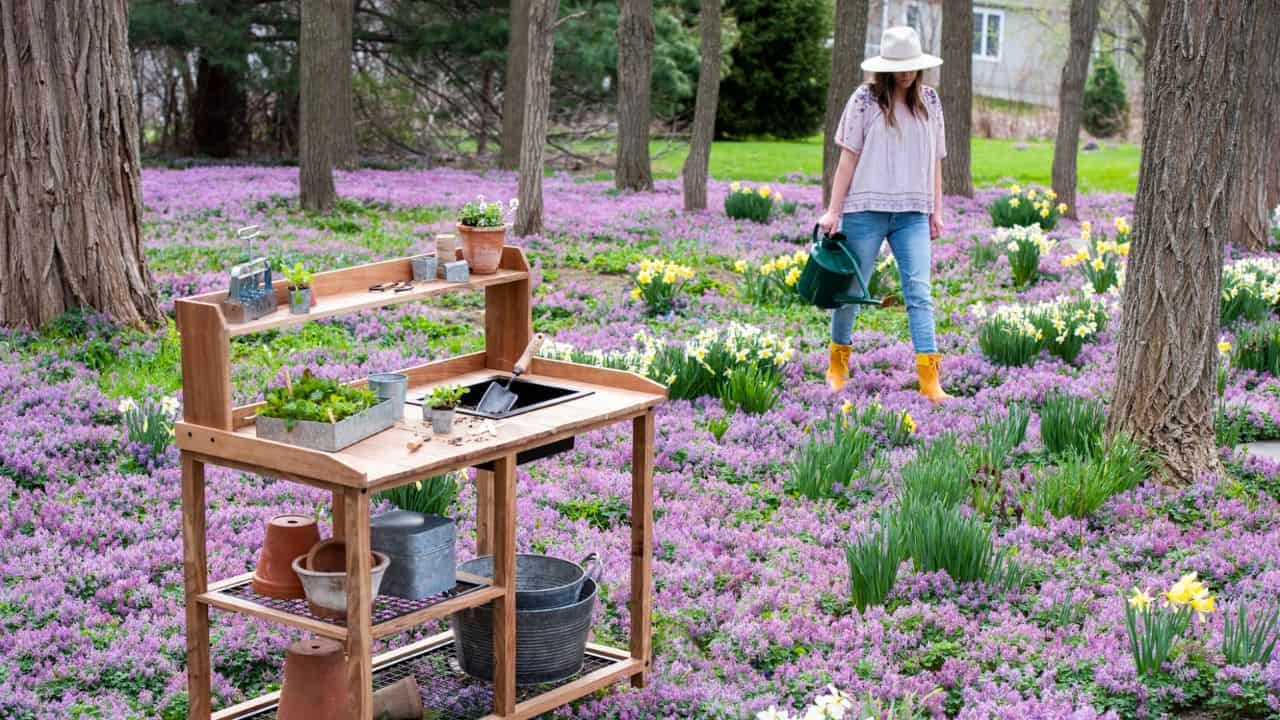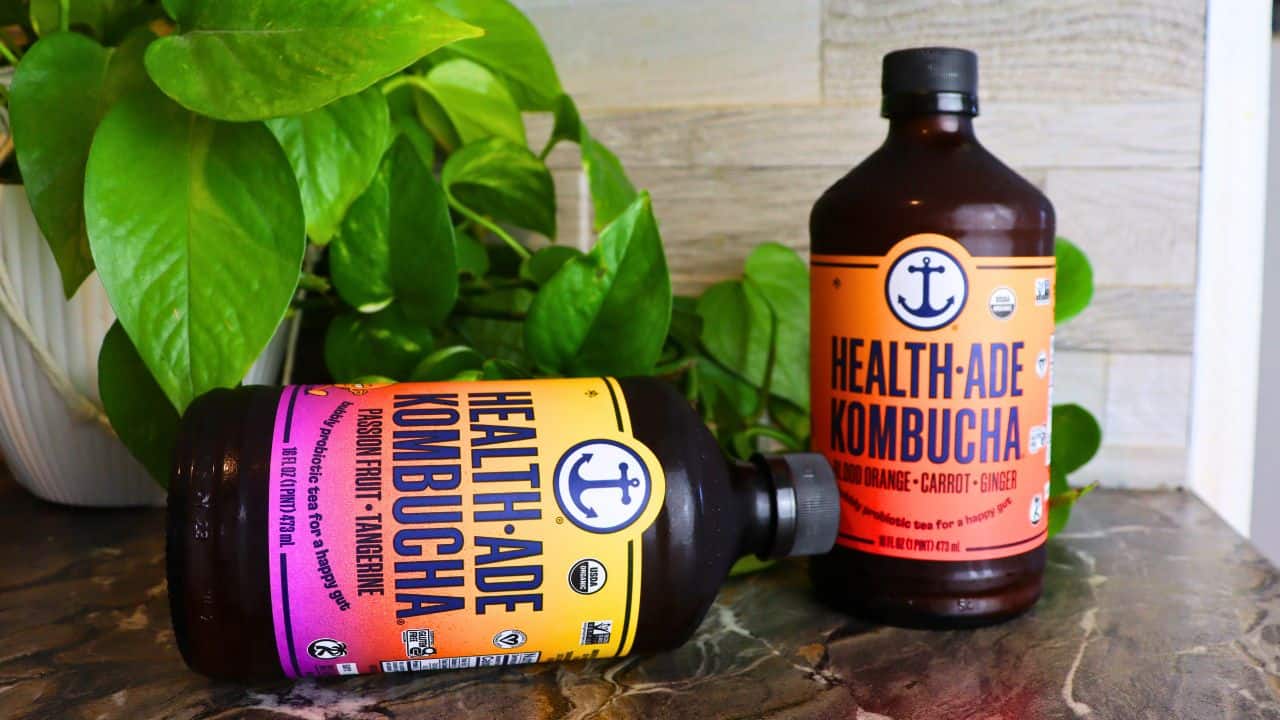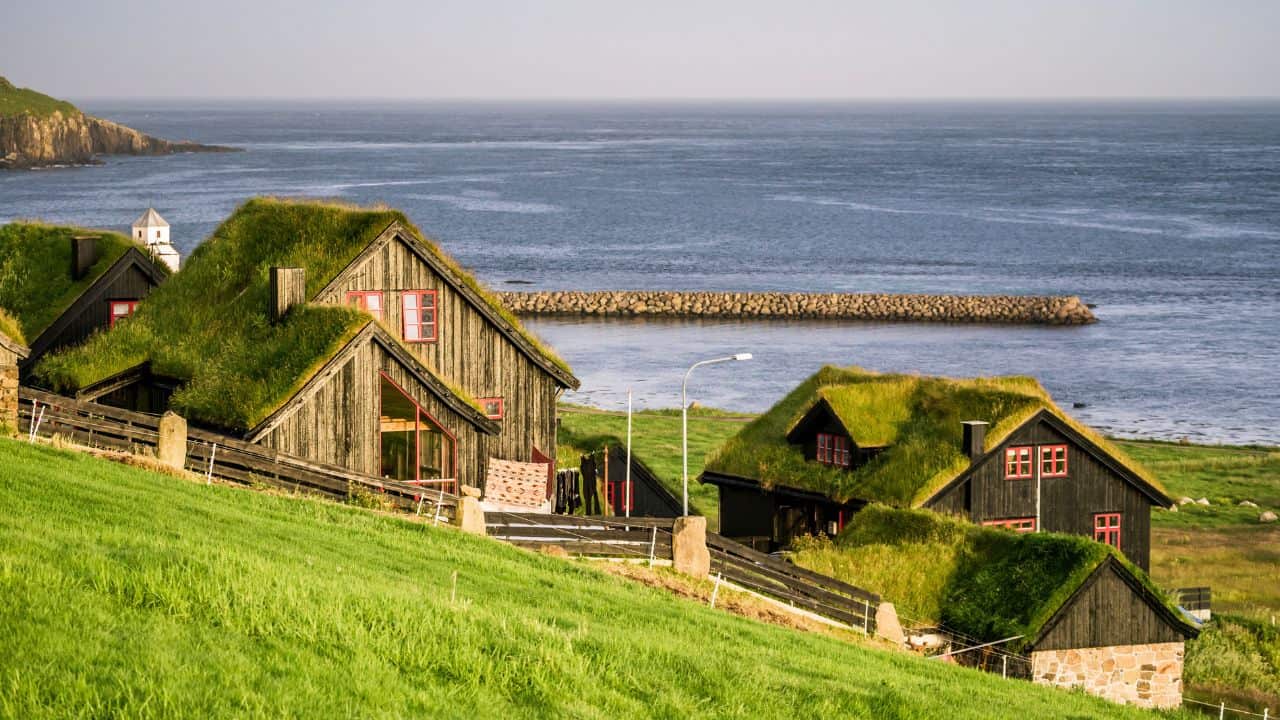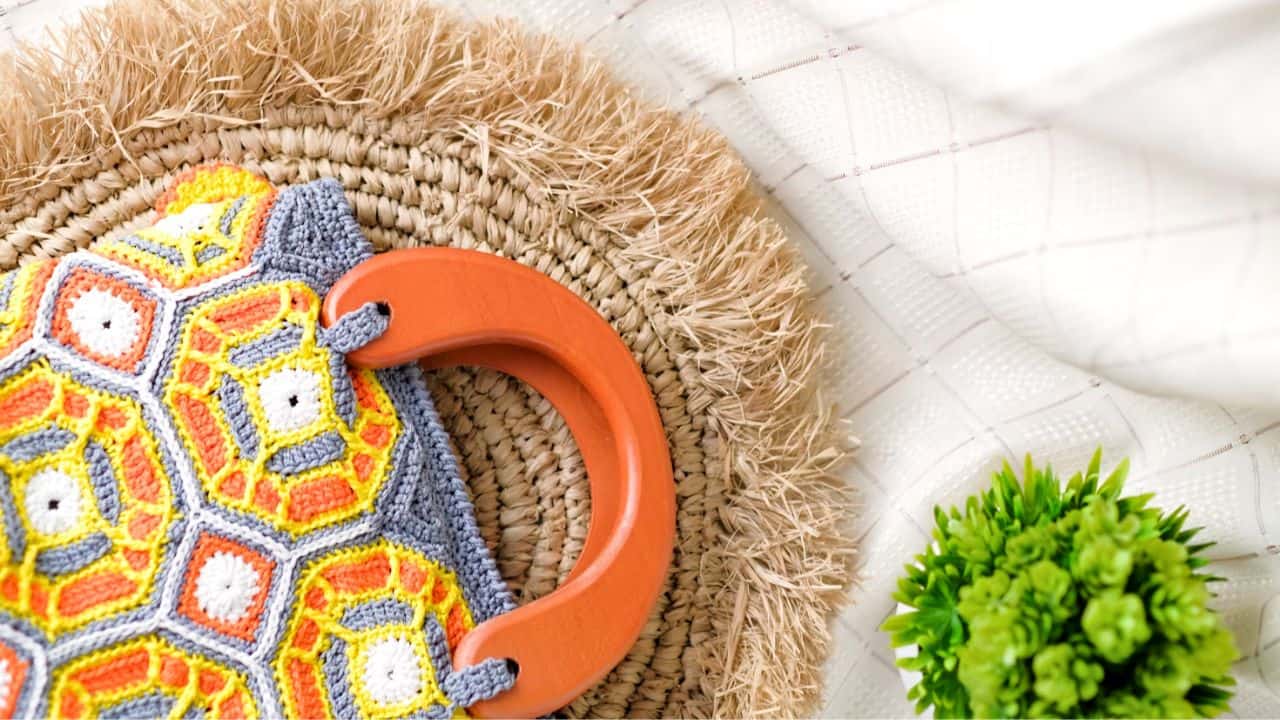Think about those big headline solutions to climate change: switching from fossil fuels to renewable energy, insulating our homes, improving farming practices and restoring – or ‘rewilding’ – land with plants that breathe in carbon.
They’re big tasks.
But the answer could lie in a rather small, unassuming seed: hemp.
It’s one of the most eco-friendly plants on the planet that can do a lot to help our mounting climate emissions problem.
So let’s look at how and why.
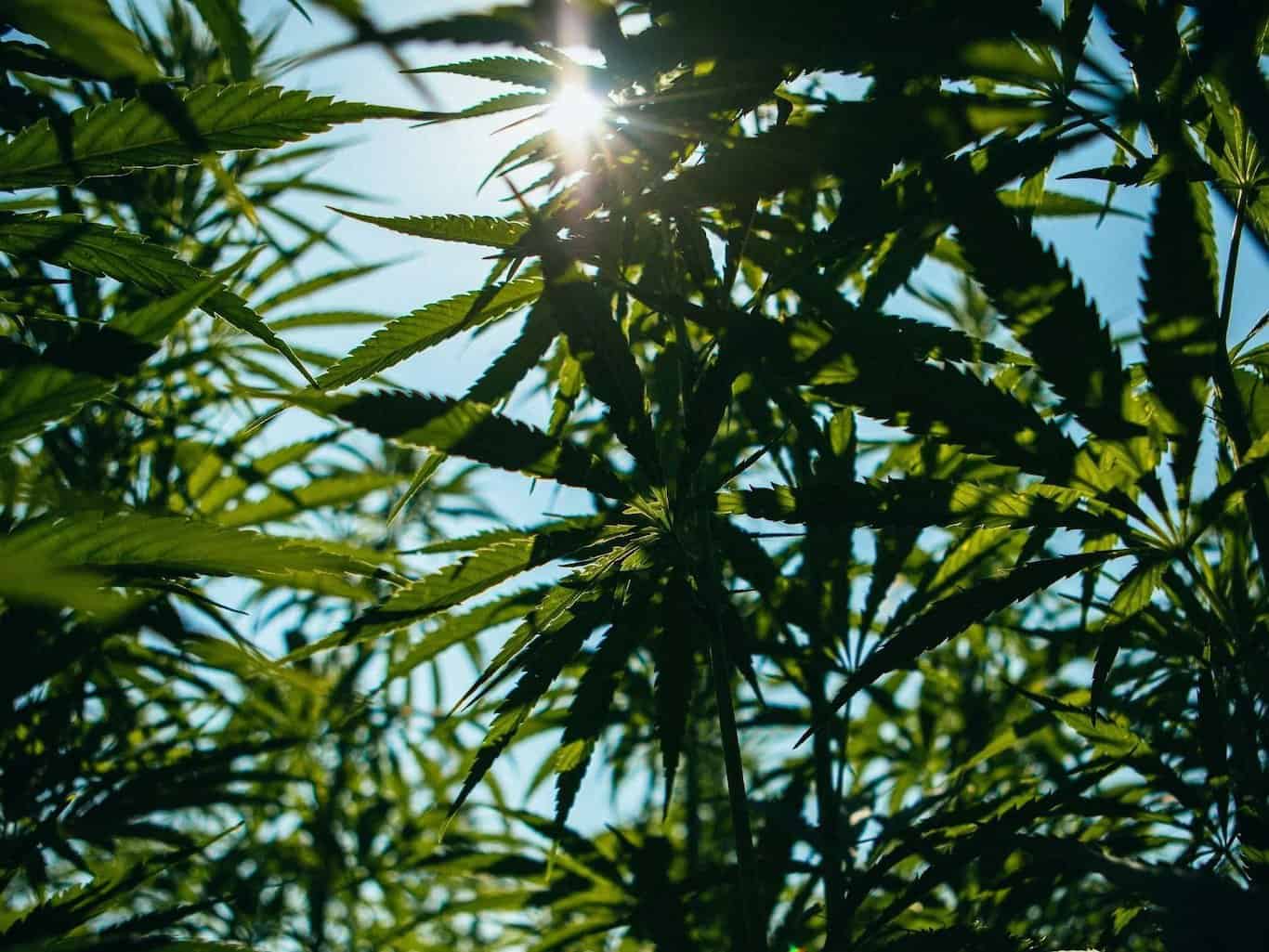
The mounting climate emissions problem
Climate change, carbon emissions, global warming.
These are all sustainability buzzwords we use interchangeably without really understanding what they mean or how we can take steps towards a solution.
Think of climate change as the umbrella term for how global or regional climate patterns have shifted.
As humans burn more and more fossil fuels (coal, oil, natural gas), the amount of carbon dioxide in the atmosphere has increased.
This gradual and continuous rise in global temperatures from the mid-20th century onwards is a symptom of human-caused climate change.
Carbon dioxide is naturally released into the air through decomposition.
But it becomes a problem when there’s an imbalance of carbon being released and not being removed – by being effectively breathed in by forests or wetlands, for instance.
It’s not just burning fossil fuels that are contributing to this climate emissions problem.
One-third of our greenhouse gas emissions come from agriculture and farming, whether that’s fertiliser manufacturing, food storage or farming techniques like tilling that release nitrous oxide.
To overcome this emissions problem, we need to be looking to more sustainable resources.
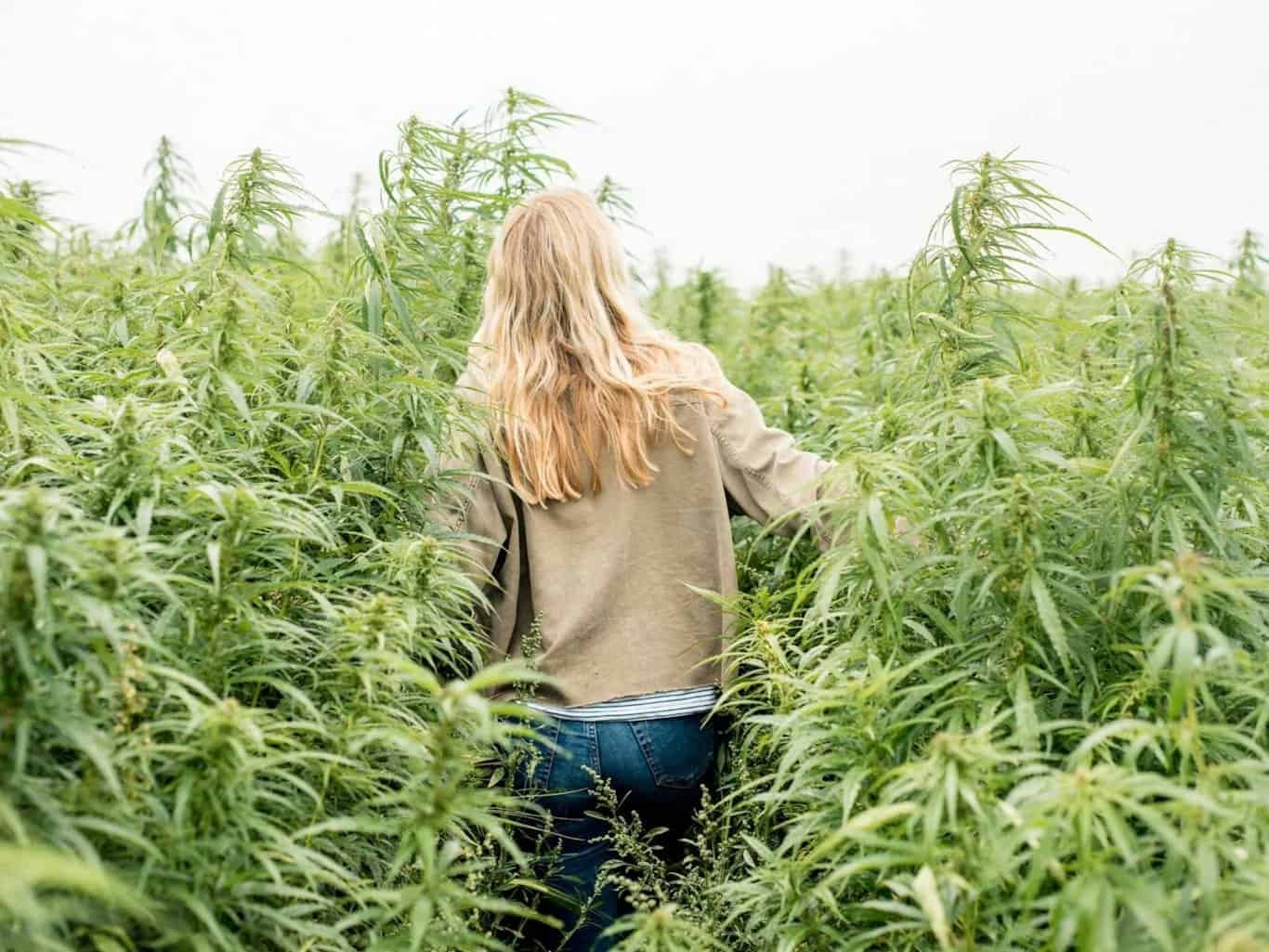
Why hemp is good for the planet
Hemp is nature’s purifier. It captures carbon dioxide from the atmosphere and acts as a carbon sink – or carbon store – sequestering (hiding away) carbon dioxide in the soil throughout its plant life.
This makes it highly efficient when it comes to removing carbon dioxide.
Hemp plants breathe in four times more carbon dioxide than trees.
One acre of hemp can remove 10 tonnes of carbon from the air.
It actually absorbs C02 while it grows, making it a carbon negative crop. In fact, just one hectare of hemp offsets a year’s carbon from two cars.
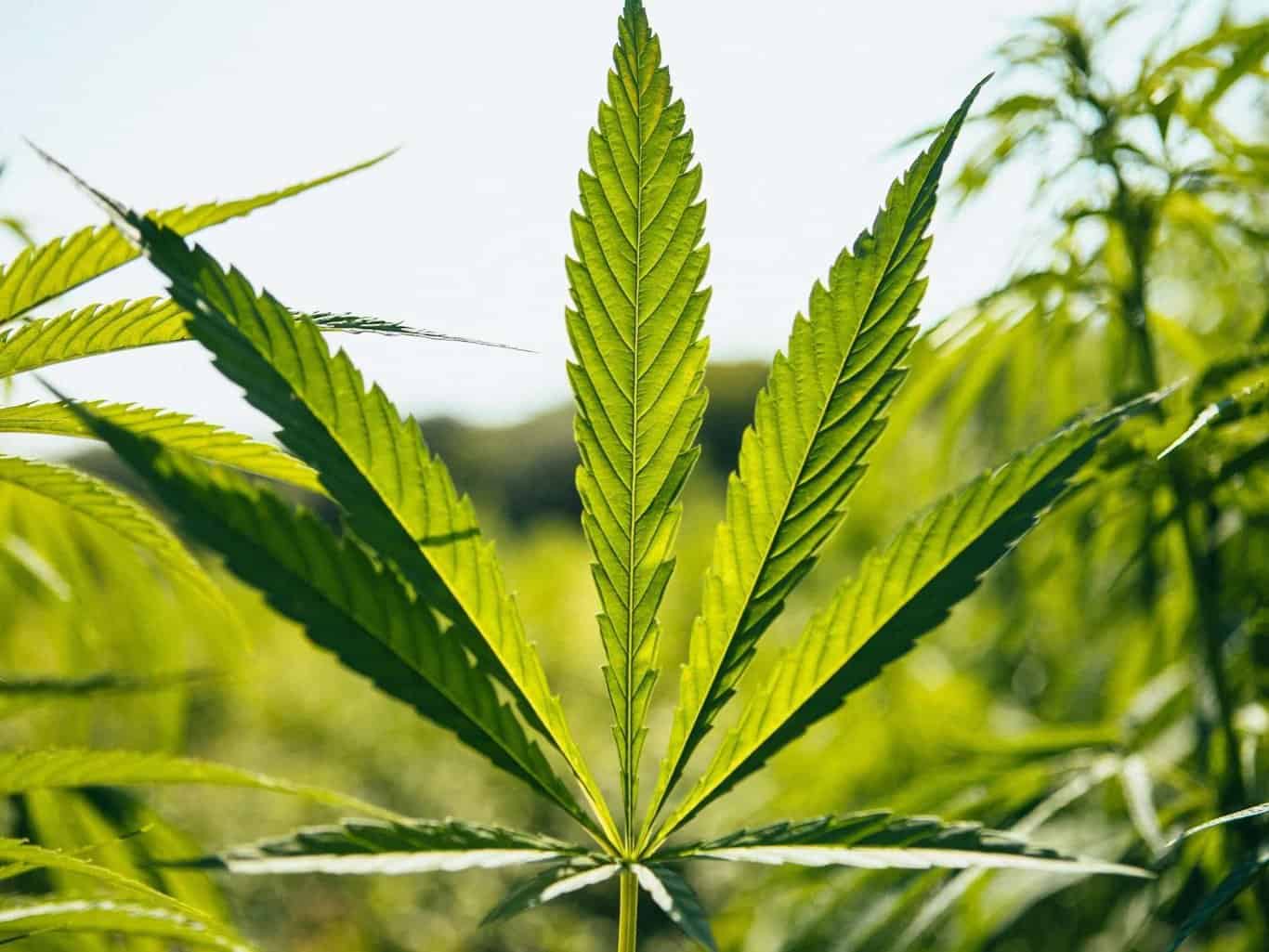
And while a crop like cotton requires some 1,500 gallons of water for every pound of product, hemp needs less than half that yet produces 200-250% more fibre on the same amount of land, according to Rebekah Shaman, Managing Director at the British Hemp Alliance.
Hemp is also an incredibly fast-growing plant, taking just four months to reach maturity with no need for pesticides (the production of which emits – you guessed it – a lot of carbon dioxide).
This makes it easier for sustainable farmers to add hemp to their annual rotation, and also helps regenerate the soil because of the nutrients within the hemp plant – it’s the ideal crop in sustainable farming systems.
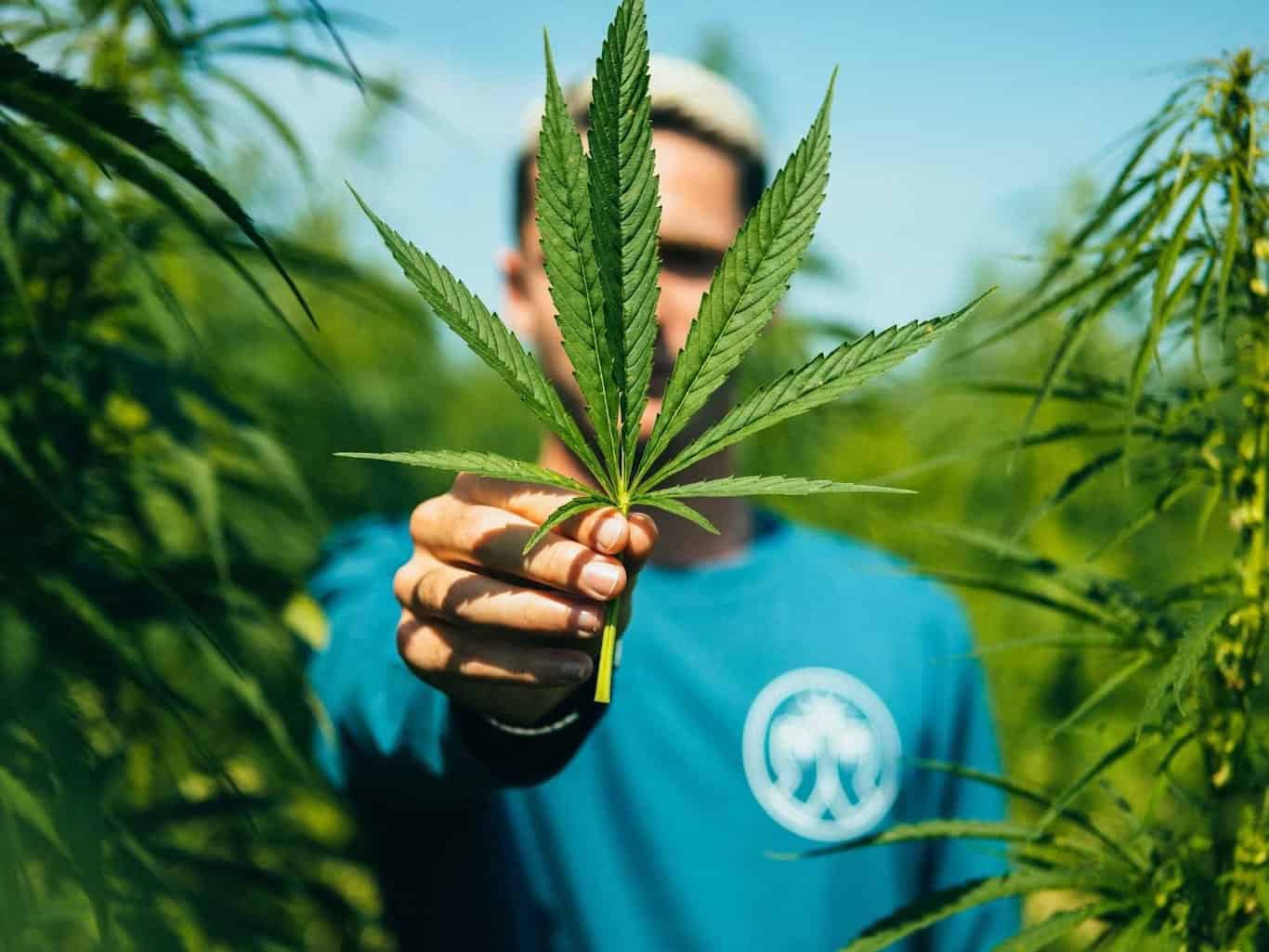
Hemp maintains soil health
Agriculture is often the main cause of soil degradation, which means worsening natural conditions and quality of soil which can affect how fertile or organic it is, as well as its acidity or alkalinity levels.
Healthy soil is an essential natural resource but crops (such as cotton, wheat, palm oil or soya) actually increase soil erosion.
Hemp does the opposite.
Let’s get dirty: 3 reasons why soil health matters
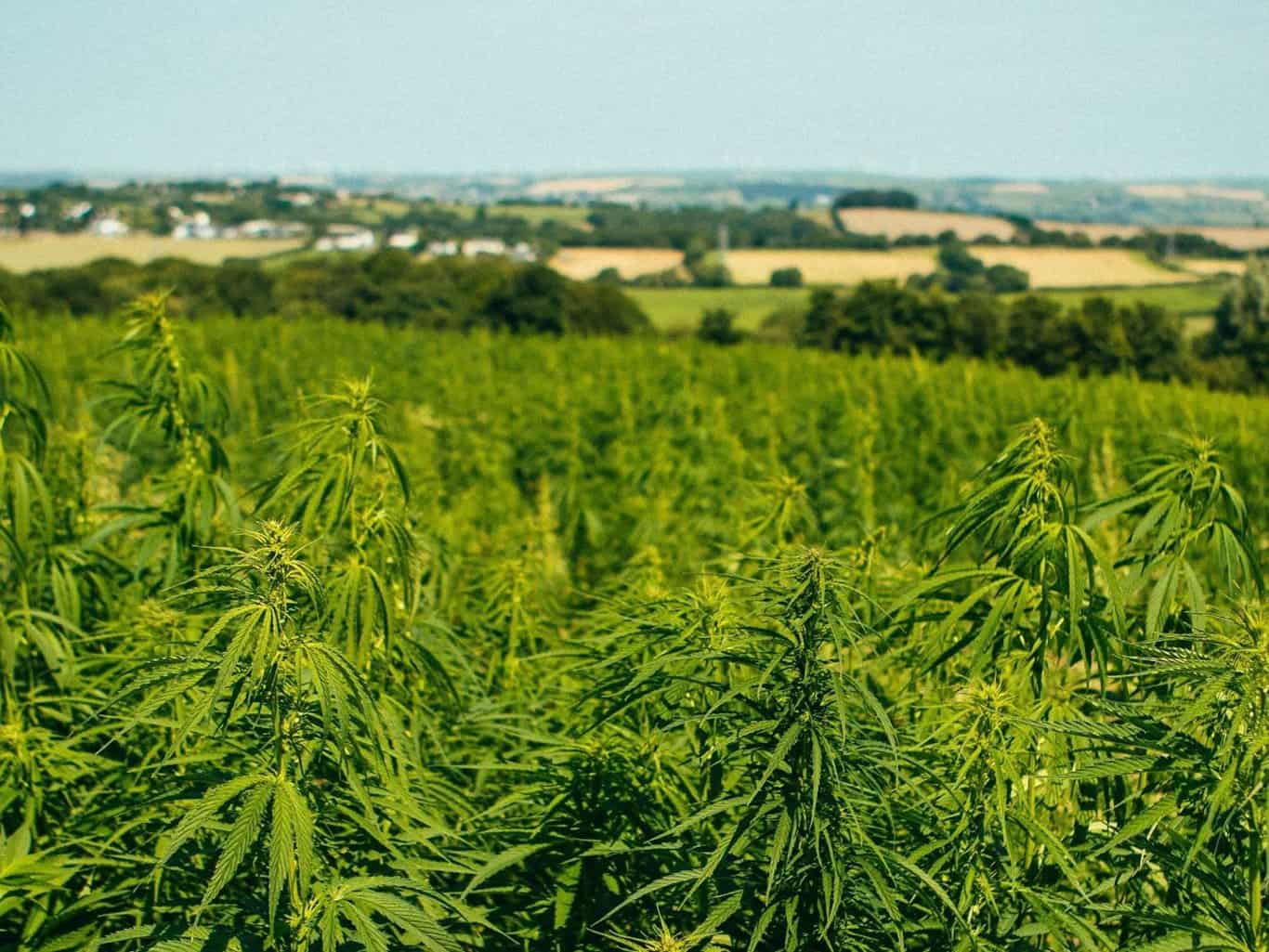
Hemp has a deep root system, so the soil where hemp grows can always be strengthened by its presence.
And because hemp doesn’t need pesticides to grow and flourish, hemp is good for soil health and, as a result, grow a wider range of crops.
On top of that, it can also be grown in ‘infertile’ soil. It’s actually known as a pioneer plant and can be used for land reclamation.
Alladale Wilderness Reserve: The Natural Capital Escape In Scotland

Hemp is a versatile natural material
What makes hemp such an effective natural tool is that it has such a diverse range of uses.
From food, drink and CBD products (hi, have you met Good Hemp?) to textiles and industrial hemp products like hempcrete, used for construction and insulation.
Seeing as the cement industry accounts for about 5% of all carbon emissions – because it requires huge amounts of heat and energy to produce it – using a hemp alternative seems like a no brainer.
There’s been a small shift towards zero-carbon buildings, using hemp and wood fibre in construction.
In a recent Guardian article, Dr Mike Lawrence, Director at the University of Bath’s new research facility, the Building Research Park, writes:
“The hemp itself is porous, meaning the walls are well insulated while the lime-based binder sticks together and protects the hemp, making the building material resistant to fire and decay.
The industrial hemp plant takes in carbon dioxide as it grows and the lime render absorbs even more of the climate change gas.”
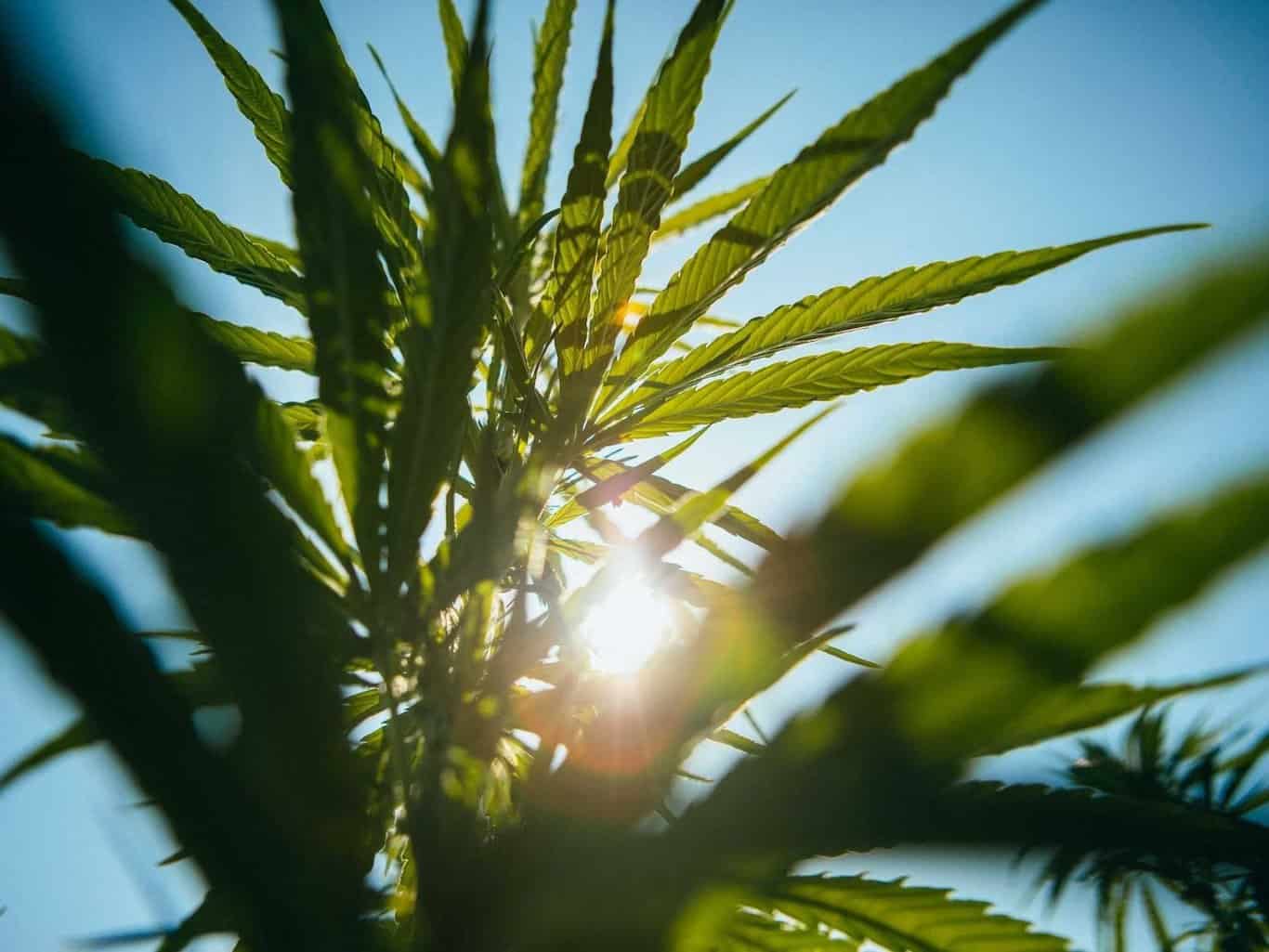
When you look at the facts, it’s hard to ignore that hemp could be an incredible resource in sustainable agriculture, helping to reduce carbon emissions.
More needs to be done to spread the message and educate consumers on its benefits as a crop.
The more we buy hemp products, the more growers will be encouraged to plant it.
Hemp can’t do it alone, but it’s from these seeds to small acts that we achieve big change. Because nothing changes if nobody changes.
Good Hemp is a passion project by the cinema-photographer Henry Braham. He runs the Good Hemp farm in North Devon and sells a range of food and drink products made from hemp.





